Exploring Specialty Hardware Fasteners: Function, Types, and Applications
Created at : Aug 23, 2023
In the world of construction, manufacturing, and engineering, the seamless assembly of components is crucial for ensuring structural integrity, safety, and reliability. This is where specialty hardware fasteners step in. These unassuming yet vital components play a pivotal role in holding together various materials and components securely, catering to specific needs that ordinary screws, bolts, and nails cannot fulfill. This article delves into the realm of specialty hardware fasteners, exploring what they are, how they work, the types available, and their diverse range of applications.
What Are Specialty Hardware Fasteners?
Specialty hardware fasteners are engineered connectors designed to address unique challenges that conventional fasteners may not be equipped to handle. Unlike standard fasteners that serve general purposes, specialty fasteners are meticulously crafted to meet specific criteria, often involving precise material compatibility, load-bearing capacities, or environmental considerations. These fasteners are used to securely join materials together, accommodating various angles, pressures, and structural configurations.
How Do Specialty Hardware Fasteners Work?
The working principle of specialty hardware fasteners is rooted in the mechanics of threaded connections and the fundamental concepts of friction, tension, and compression. These fasteners come in a wide range of designs, each optimized for a specific application. The interaction between the fastener and the materials it is securing is crucial in generating the necessary clamping force to hold components together securely.
Types of Specialty Hardware Fasteners
- Threaded Inserts: Threaded inserts are often used in situations where a strong, threaded connection is needed in a softer material. They are embedded into the material, providing a reliable point for screws or bolts to fasten into. They are commonly used in applications like furniture assembly and automotive manufacturing.
- Blind Rivets: Blind rivets, also known as pop rivets, are used to fasten materials together when access to the backside is limited or impossible. These fasteners consist of a cylindrical body with a mandrel through the center. As the mandrel is pulled, the body of the rivet deforms, creating a strong, secure connection.
- Toggle Bolts: Toggle bolts are ideal for anchoring heavy items to drywall, plaster, or other hollow materials. They consist of a screw-threaded bolt and a collapsible toggle wing. When inserted into the wall, the toggle wing expands, providing a stable anchor point.
- Drive Screws: Drive screws are self-drilling screws designed for specific materials, such as metal or wood. They eliminate the need for pre-drilling and tapping, saving time and effort during installation.
- Masonry Anchors: Masonry anchors are specialized fasteners for securing materials to concrete, brick, or stone. They include options like expansion anchors, sleeve anchors, and wedge anchors, each designed to grip the material securely.
Applications of Specialty Hardware Fasteners
- Aerospace and Aviation: Specialty fasteners are used extensively in aircraft construction due to their ability to withstand high stress loads, temperature fluctuations, and vibration. They ensure the structural integrity and safety of aircraft components.
- Automotive Industry: From engine components to chassis assembly, specialty fasteners play a key role in automotive manufacturing, supporting load-bearing requirements and ensuring reliable connections.
- Furniture Production: Threaded inserts, cam locks, and other specialty fasteners are integral to furniture assembly, providing sturdy connections that withstand regular use.
- Electronics and Technology: Specialty fasteners are used in the assembly of electronic devices, ensuring secure placements while accommodating sensitive components and preventing damage.
- Construction and Infrastructure: Masonry anchors and other specialty fasteners are crucial for anchoring fixtures, signage, and other components to concrete or brick surfaces.
Conclusion
Specialty hardware fasteners exemplify the precision and innovation present in modern engineering and manufacturing. These unobtrusive components, carefully designed to cater to specific needs and challenges, play a critical role in creating reliable and secure connections across a diverse range of industries. As technology and materials advance, the field of specialty fasteners continues to evolve, providing solutions that enable us to build safer, more efficient, and more sophisticated structures and products.
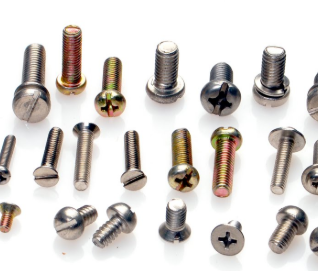 SCREWS
SCREWS
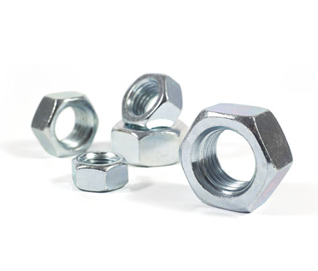 NUTS
NUTS
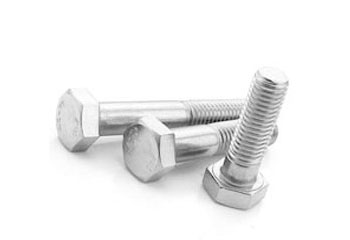 BOLTS
BOLTS
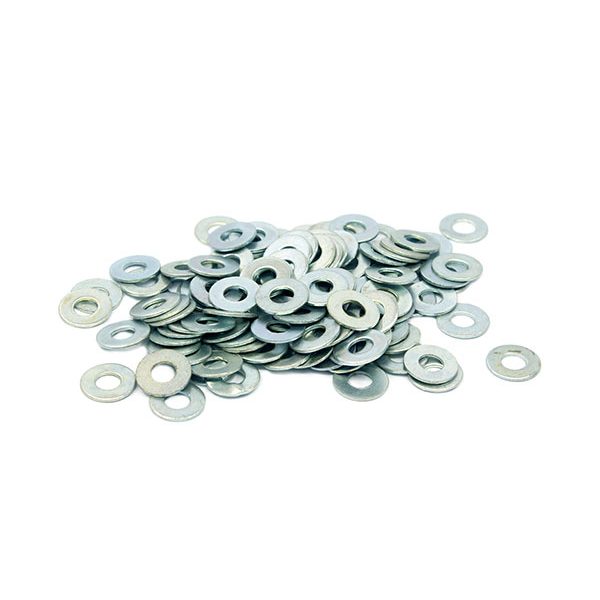 WASHERS
WASHERS
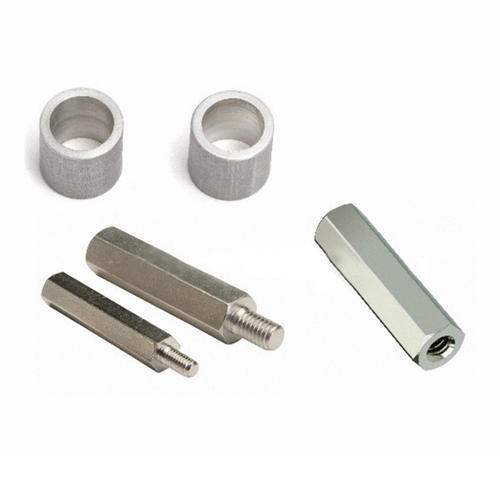 SPACERS & STANDOFFS
SPACERS & STANDOFFS
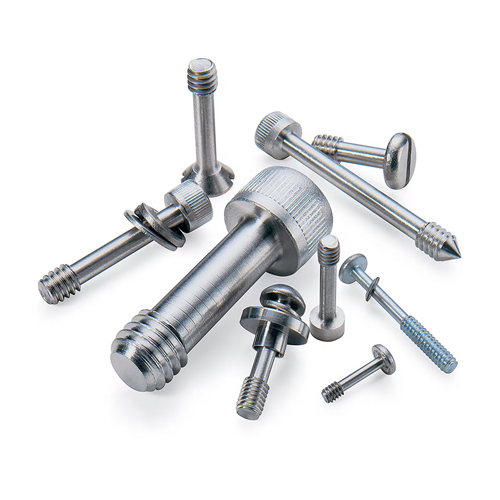 PRECISION/CUSTOM PARTS
PRECISION/CUSTOM PARTS
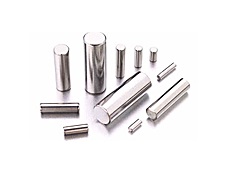 PINS
PINS
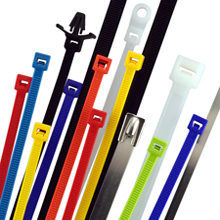 WIRE HANDLING
WIRE HANDLING
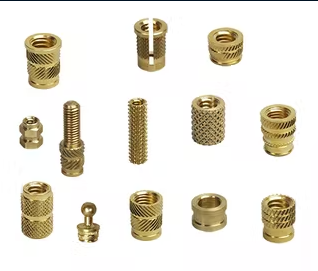 INSERTS
INSERTS
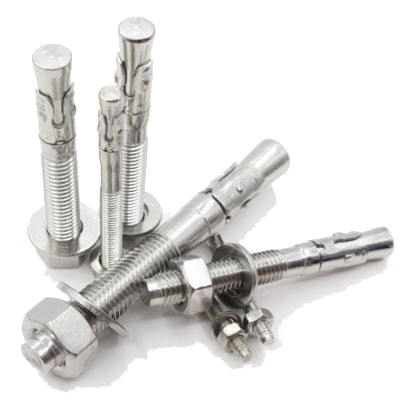 ANCHORS
ANCHORS
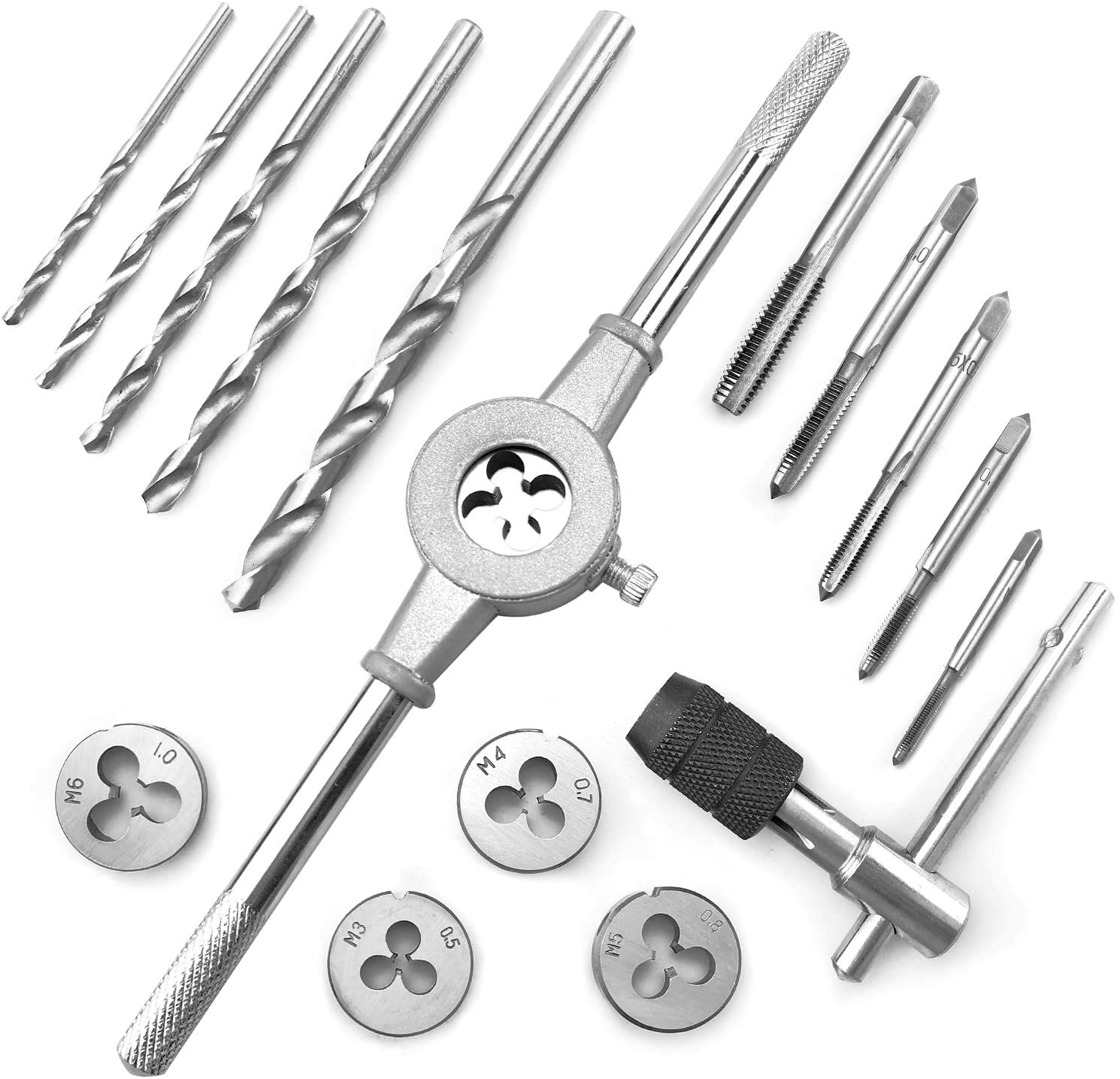 DRILL BITS, TAPS, & DIES
DRILL BITS, TAPS, & DIES
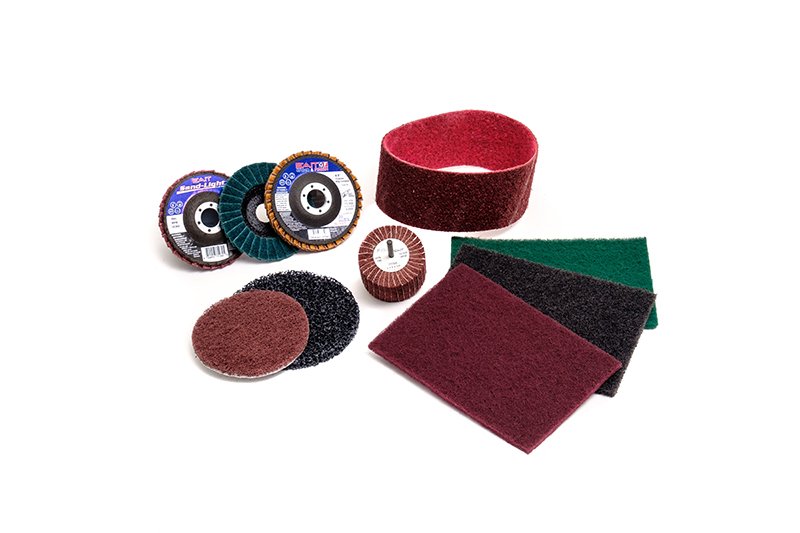 ABRASIVES & SAWBLADES
ABRASIVES & SAWBLADES
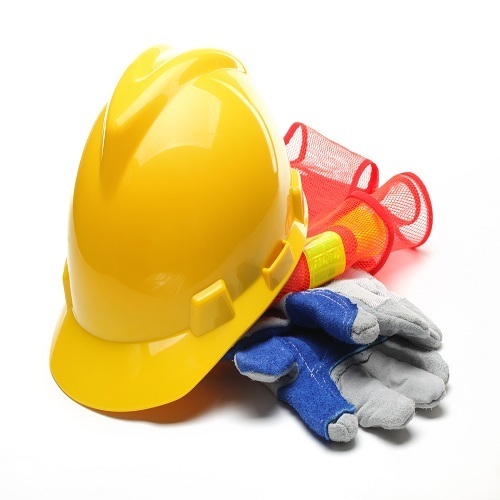 SAFETY EQUIP.
SAFETY EQUIP.
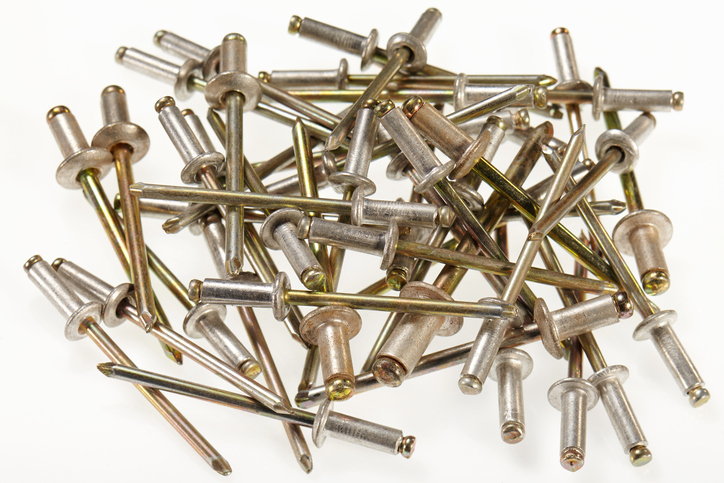 MISC.
MISC.
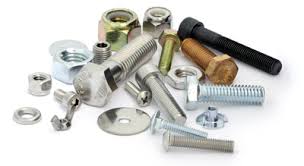 MATERIAL TYPES
MATERIAL TYPES
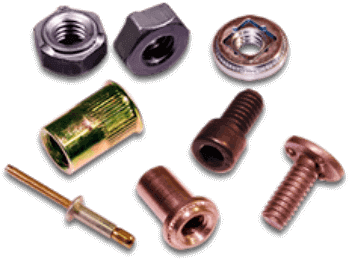 PLATING TYPES
PLATING TYPES